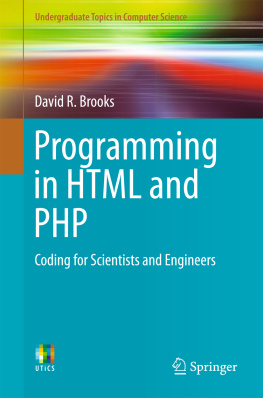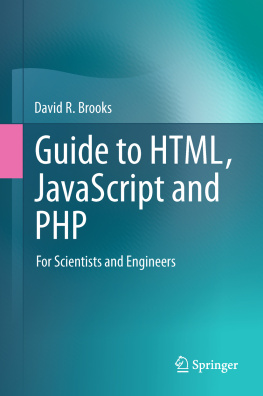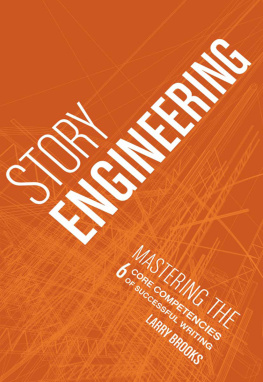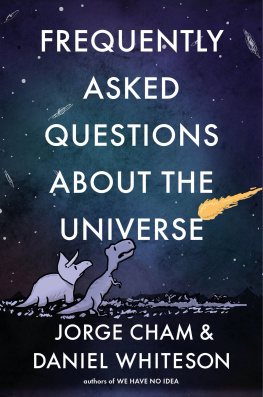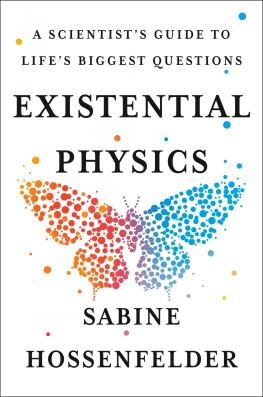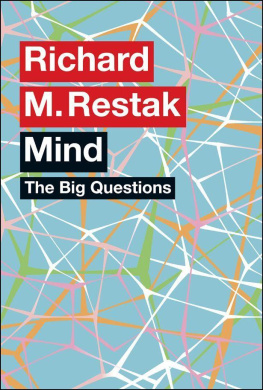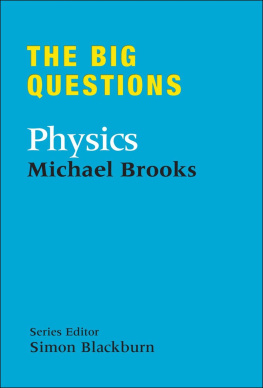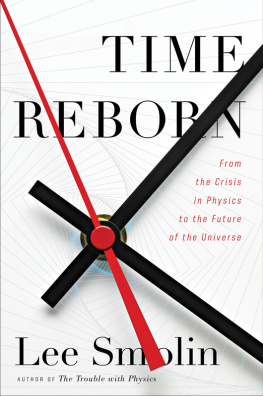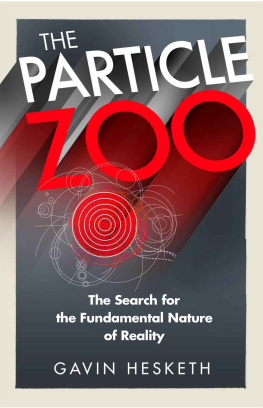WHAT IS THE POINT OF PHYSICS?
Impossible questions, unexpected rewards, and the never-ending quest for understanding
The question has bounced around school classrooms for decades. The answer offered usually starts with an apocryphal tale involving the legendary Greek philosopher Archimedes and King Hieros crown.
Hiero had come to the throne in the Sicilian city of Syracuse. He gave a craftsman a certain quantity of gold to fashion into a crown; when the crown arrived, so did a rumor that the craftsman had substituted some of the gold for silver. Hiero commissioned Archimedes, then in his early twenties, to find the truth.
The story, as related by the Roman writer Marcus Vitruvius Pollio, says that Archimedes realized how to solve the problem when he noticed the volume of water that his body displaced in a bath. Silver, being less dense than gold, would displace more water. Archimedes performed a series of experiments that involved submerging lumps of silver and gold that weighed the same as the crown to see how much water each one displaced. This enabled Archimedes to tell if there was silver in the crown. In his jubilation, Archimedes rushed down the street naked, shouting Eureka: I have found it.
Is this the point of physics: to answer seemingly unanswerable questions? We are now able to look at our surroundings across an extraordinary breadth of scales. Where we once thought visible matter to be indivisible, we have gone ).
We know much of the history of the universe, the nature of matter and the structure of our planet, but perhaps the greatest lesson we have learned is that, whenever we think we have nature figured out, it surprises us again, revealing just how little we actually know. Isaac Newton probably put it best in his memoirs: I do not know what I may appear to the world, he wrote, but to myself I seem to have been only like a boy playing on the sea-shore, and diverting myself in now and then finding a smoother pebble or a prettier shell than ordinary, whilst the great ocean of truth lay all undiscovered before me.
I do not know what I may appear to the world, he wrote, but to myself I seem to have been only like a boy playing on the sea-shore, and diverting myself in now and then finding a smoother pebble or a prettier shell than ordinary, whilst the great ocean of truth lay all undiscovered before me.
ISAAC NEWTON
An alternative to superstition
If there is one aspect of physics achievements that Newton perhaps appreciated less than most, it was the subjects ability to slice through mysticism and superstition. Newton was a great alchemist and a biblical scholar; he considered his writings on the Old Testament book of Daniel his greatest work. Whenever physics threatened to cast doubts upon spiritual matters, Newton would cringe. I have studied these thingsyou have not, was his constant retort to astronomers criticisms of religion. Newton left room for Gods work in the mechanism of his clockwork heavens but the march of physics soon displaced the divine hand. When the Emperor Napoleon questioned Pierre-Simon Laplace about his newly published treatise on celestial mechanics, he remarked on the absence of God in the mechanism. I have no need of that hypothesis, Laplace replied. The point of physics, in many ways, is to find what, in the universe, is explicable by a set of laws, and the simpler the laws the better.
Until around 600 BC, civilizations developed technologies but thought little about how to make sense of the world: that was for the prophets and the sages. Then came the Milesians. The city of Miletus, on the west coast of modern Turkey, was home to a mode of thought that would be recognizable to todays scientists as a thirst for real, firsthand understanding. Rather than having the universes secrets obscured by mystical religious concerns, the Milesians sought laws to explain the phenomena of nature, and came up with theories for the causes of Earthquakes, lightning and the structure of the universe, among other things.
The Milesians debated these theories openly, considered how they might be tested, and accepted the results of experiments as the arbiter of truth. Anaximenes of Miletus is credited with performing the worlds first scientific experiment. His observations of how the temperature of exhaled breath seems to vary depending on whether the lips are pursed or wide open, led him to conclude that compression causes cooling, and expansion causes heating.
The fact that Anaximenes was exactly wrong here is another lesson in the point of physics. It teaches us that we cannot ever be sure of anything that is received wisdom; accepted theories, and even facts about how things in the universe work, are often proved wrong, and supplanted by new ideas. These, too, are open to falsification. Physics is a process of testing everythingespecially those things we most want to be true.
It is for this reason that physics is somewhat devoid of scientific saints. It is not so much a discipline of ideas as a discipline of consensus arrived at through the gathering of experimental evidence. Those who fail to accept the results of experimentsand do not provide good reasons why others should join them on the wrong side of the fencetend to be given short shrift.
PROVIDING THE LAWS BY WHICH SOCIETY RUNS
James Wilson, who played a significant role in the drafting of the American Constitution and became one of George Washingtons six original supreme court justices, took the ideas of physics to heart. When defining the role of government in his Lectures on Law, he said, Each part acts and is acted upon, supports and is supported, regulates and is regulated by the rest there is a necessity for movement in human affairs; and these powers are forced to move, though still to move in concert.
Wilsons statement is worthy of Isaac Newtonit invokes the same laws of interaction that allowed Newton to deduce how the solar system worked. Whats more, the link from Newton to political theory is not a hard one to trace. Newton was inspired by Copernicus, who acknowledged the work of Aristarchus of Samos, who lived in Greece between 310 and 230 BC. Aristarchus was, in turn, inspired by the Greek philosopher, aristocrat and politician Plato. Platos greatest contribution to civilization is considered to be his Republic, an examination of how best to run a society. But Plato was a distinguished astronomer toohe was the first person to recognize, for instance, that anomalies in the motion of the planets might be resolved by finding some combination of circular motions.
Plato thought physics an excellent training for a politician. Leaders should learn physical sciences such as astronomy, Plato once declared; not because they help in stargazing or navigation, but because they provide an education in the techniques of abstract thought that are essential to leadership. The same skills are still highly valued today: trained physicists are very much in demand outside the laboratory wallsin finance, business and government.
More than the sum of the parts
The physicists Albert Einstein and Richard Feynman provide a suitable illustration of the way physics is bigger than any physicist. Though now venerated as a public icon, Einstein did not die a hero to other physicists. On the contrary, his later life is remembered with a tinge of regret at his ultimate quest. Einsteins best-known work was done early in his career. He made a seminal ).
This destroyed the centuries-old view that light must be a wave. Then his special theory of relativity changed our notion of time. His elucidation of the idea that mass and energy are interchangeable (see ).
After that, though, Einsteins views grew irrelevant to physics. The quantum revolution changed the face of the subject, but Einstein refused to accept quantum theory as a useful way to describe the universe. He spent his later years working, to no avail, on a theory that would unite electromagnetism and relativity and render quantum theory an unnecessary innovation. The number of physicists who would work with him and support him dwindled throughout his life.



